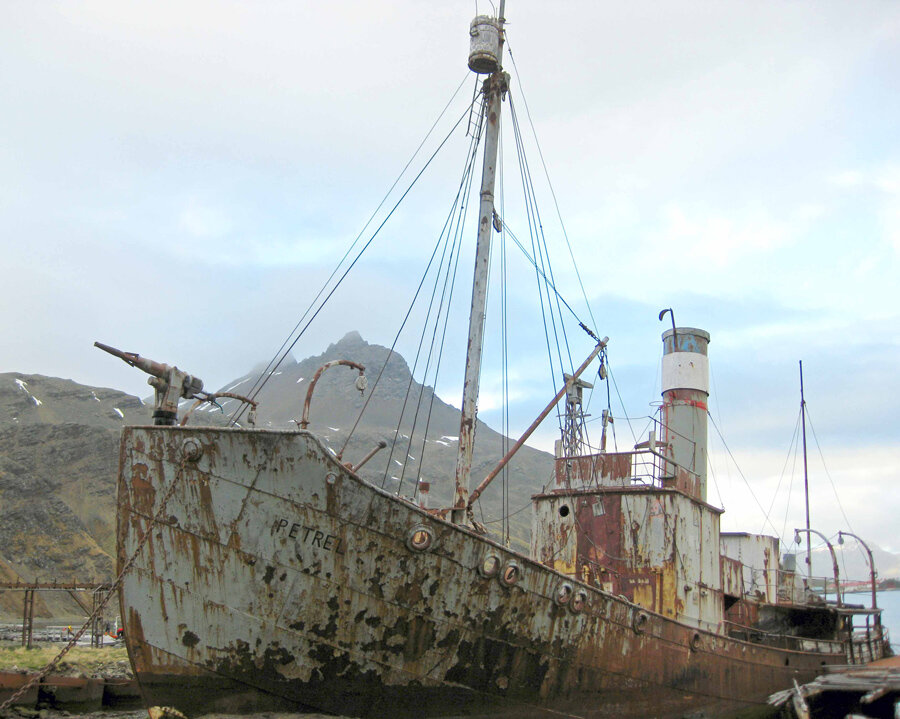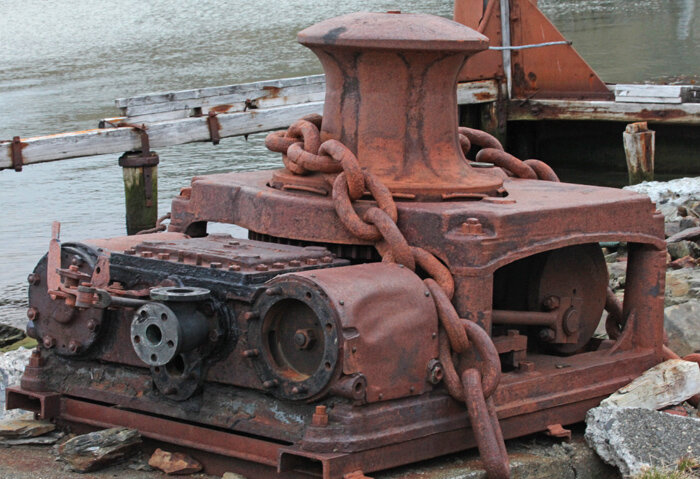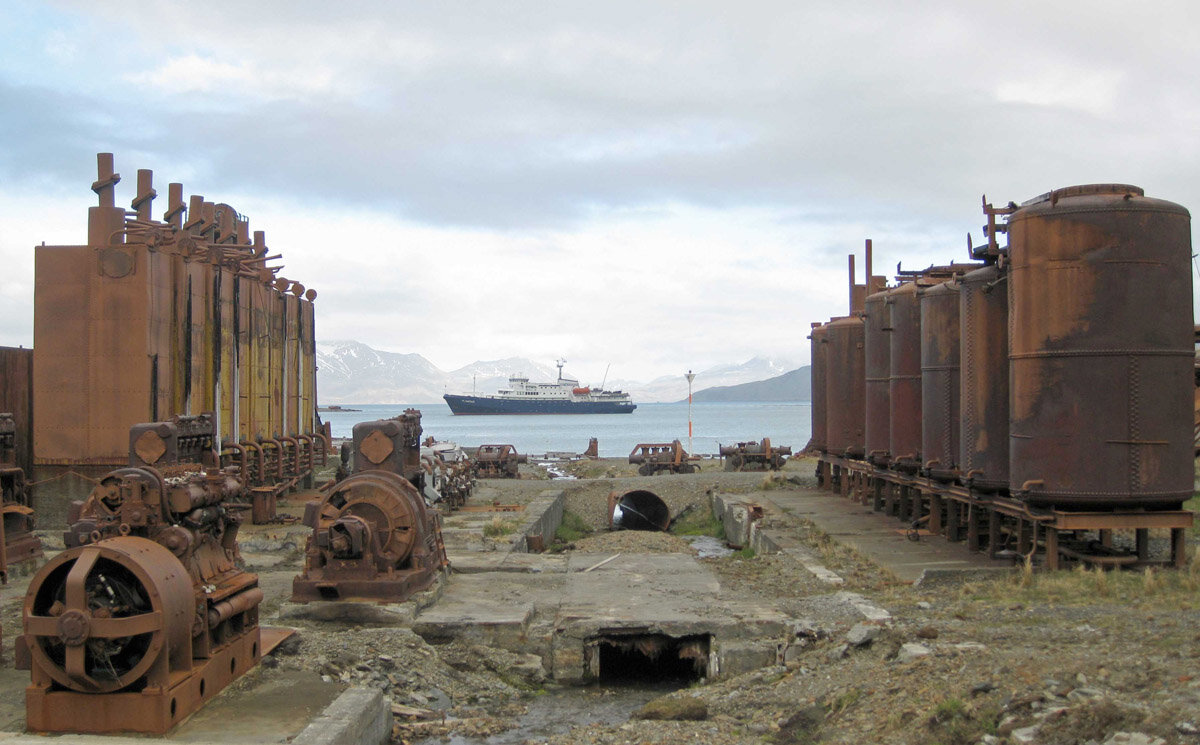Abandoned industrial remains abound across the world, evidence of boom times past. For all the prosperity they once represented, their decaying remains and pernicious presence is symbolic of a world out of touch with its place in the biosphere.
Central to my research, is uncovering and synthesising components of our industrial progress that are known to contribute to Anthropogenic Global Warming.
The Anthropocene is the name attributed to the current epoch, suggested to have begun around the dawn of the industrial revolution. It refers to the period during which human activity has influentially presided over climate and environment and is the most prevalent challenge facing life on earth today.
It is paramount that human society understands the impact of our species on the planet. We are a part of the cosmos not apart from it and as such, intrinsically linked. It seems plausible to me that comfort, apathy and the prioritising of ‘self’ lead us to live for today without care for tomorrow. The enormity and interrelatedness of the subsequent anthropogenic situation is such that, on an individual level, it is easier to ignore and do nothing than to comprehend and react.
Whaling relics, South Georgia.
Hafod Morfa Copperworks, Swansea - the largest Copperworks in the world by 1900.
Consequently, I feel the requirement for philosophical and cultural thought to join force with the scientific has never been more essential; there is dire need for collaboration in addressing the human fallacy, imperiousness, desire and greed at the root of the Anthropocene. In my humble opinion, the need for contemporary art to tackle and illuminate such issues in contribution to their wider interpretation and communication, has never been greater.




